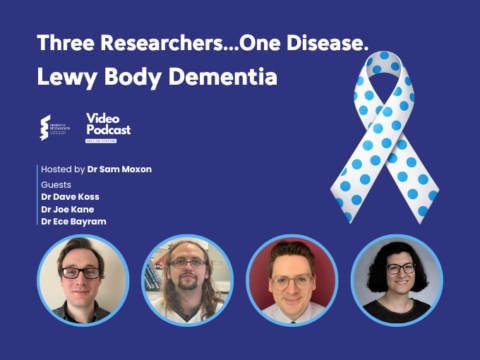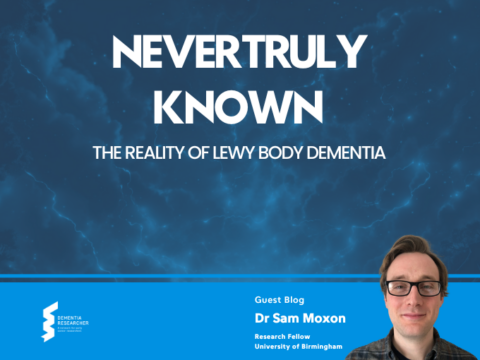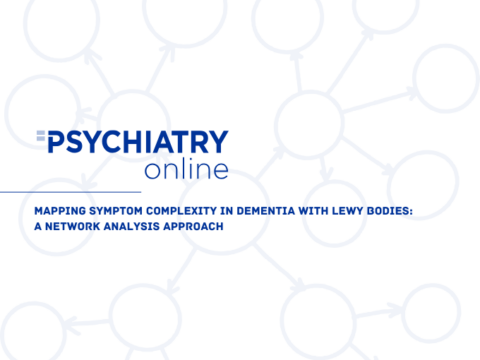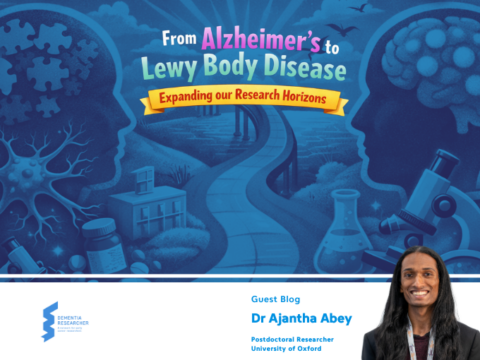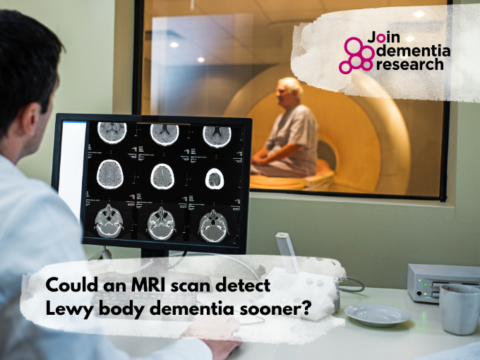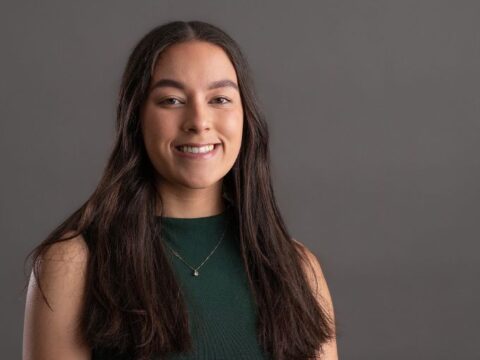
Dr Joe Kane
Name:
Dr Joe Kane
Job title:
Clinical Academic Lecturer
Place of work / study:
Queen’s University Belfast (Northern Ireland) / ISTAART Lewy body dementia PIA
Area of Research:
Lewy body dementia
How is your work funded?
Currently, my work is funded by Queen’s University Belfast. The majority of my previous work was funded by NIHR.
Tell us a little about yourself:
I’m an early career clinical academic, splitting my time between research and my clinical work as an old age psychiatrist. I put clinical training on hold in 2014, when I moved from my native Belfast to Newcastle upon Tyne, where I completed my PhD in the clinical diagnosis of Lewy body dementia and worked on the DIAMOND-Lewy programme of studies – https://research.ncl.ac.uk/diamondlewy/. I’ve since moved back to Belfast, where I hope to continue my interest in LBD through new projects and grants.
Tell us a fun fact about yourself:
I’ve been playing Fantasy Football with an increasingly unhealthy passion since the age of ten, when Romário and Karl-Heinz Riedle spearheaded my attack at the 1994 World Cup. It is often enormously frustrating and is capable of taking up far too much of my attention, but I can’t manage to tear myself away. This is my last year playing, honestly. Probably.
Why did you choose to work in dementia?
When I first started working in an old age psychiatry clinic in 2011, I remember being struck by the seismic impact that even early cognitive changes had on the lives and relationships of my patients. Working together with patients and caregivers to come up with solutions to a broad range of difficulties felt genuinely collaborative and rewarding.
Around about the same time my Granny Kathleen, with whom I was very close, started demonstrating some mild cognitive deficits, and a few years later she would be diagnosed with Alzheimer’s disease. Again, I could see the effects dementia ripple through our family and exposed many aspects of living with dementia that I had never come across in textbooks. She died in 2018 but remains a massive inspiration in both my clinical, academic, and personal roles.

 Print This Post
Print This Post